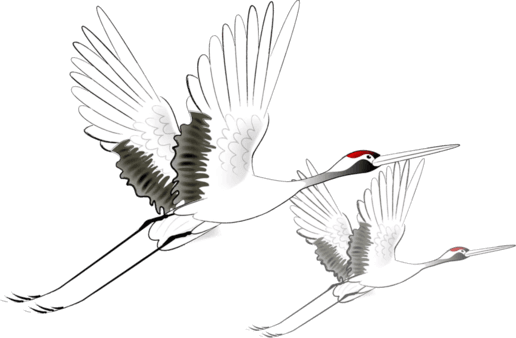Selected as a national intangible cultural heritage project, and with the Han Dynasty portrait stone for thousands of years... The Xuzhou Fuyang Festival must not be missed!
If you sneeze suddenly
It might be midsummer
If you wake up hot in the middle of the night
Come to Xuzhou Fuyang Festival to participate in a health care bureau
Fuyang eats the world before and this life
The custom of eating sheep in Xuzhou is a unique folk culture in Xuzhou and adjacent areas, and its history has a long history of thousands of years. In 2021, Xuzhou Fuyang Food Customs will be selected as the fifth batch of representative projects of national intangible cultural heritage.
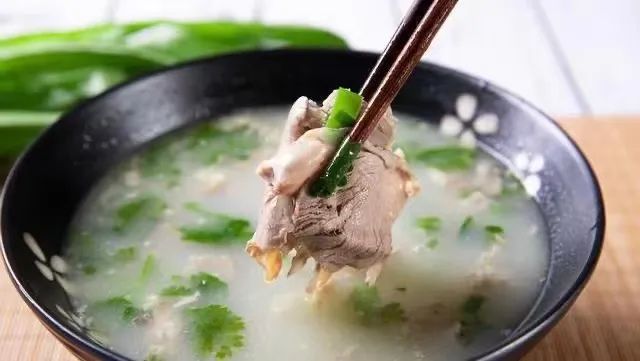
Words and images are two means of recording history. We will follow the footsteps of human development recorded in square characters, interpret the depiction of human life in Han stone statues, and trace the past and present of Xuzhou's feasting on sheep.
Entering Fu is the time for ancestor worship in ancient times, and there are different customs in different places. Yang Yun of the Western Han Dynasty once wrote in the "Book of Reports to Sun Huizong": "Tianjia works hard, when he is young, he cooks lamb, cooks lamb, and fights wine for self-work." According to the records of "local chronicles" of the past dynasties, the earliest folk custom of eating sheep in Xuzhou area was called "taste new." Festival" or "Aunt's Day", there are sayings "On June 6th, pick up mother's meat", "On June 6th, pick up aunt, and cook mutton with new wheat buns". Every June 6th, I invite my daughter and son-in-law to go home, steam new wheat noodle buns, boil mutton, and give warm hospitality to each other, deepening mutual affection.
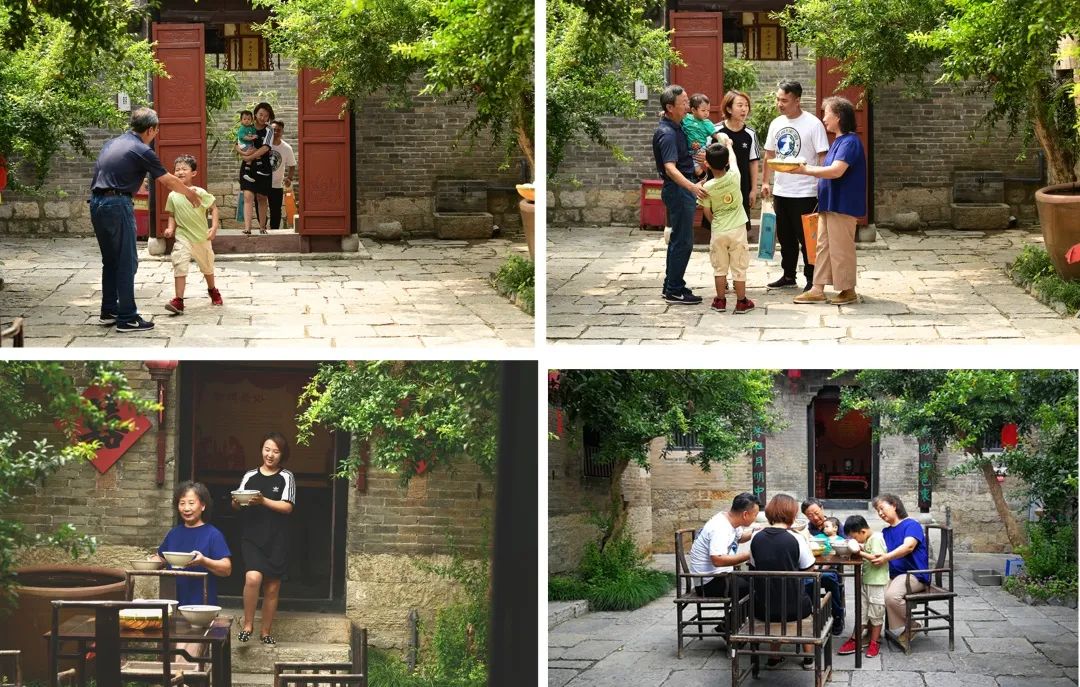
Similarly, many pictures of cooking feasts in Xuzhou Han portraits have scenes of "cooking sheep and lamb". For example, the pictures of cooking banquets in Miaoshan Han portrait stone tombs in Xuzhou are divided into upper and lower grids, and the lower grid is engraved with cooking pictures. In the picture, one person slaughtered the sheep, one person drew water with a reel, and one person cooked in front of the stove. The slaughtered lamb had horns on its head, which clearly showed that it was a goat.
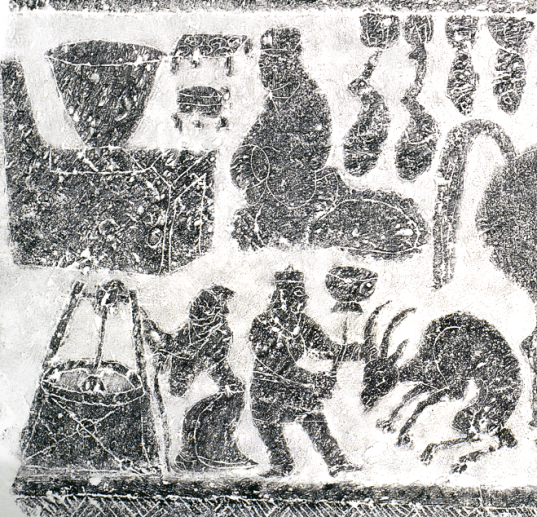
Picture of cooking and feasting in the stone tomb of Han portraits in Miaoshan, Xuzhou
In addition, among the 10 East Han Yuan and three-year small ancestral hall portraits found in Dongyan Village, Hanwang Township, Tongshan District in 1987, three of the portraits were related to eating mutton and kebabs.
Among them, the picture of the fifth stone cooking kitchen in the small ancestral hall of the King of Han Dynasty is divided into three layers: the lower layer is to welcome the arrival of the guests. The middle floor is the corner of the kitchen. In ancient times, people often set up the kitchen in the east of the main hall, so it is also called the East Kitchen. People were busy drawing water and burning fire to cook. On the top floor is the cooking barbeque. In the picture, one person is holding a knife to unravel the sheep, and the other person is beside the stove, holding two meat skewers in his left hand and grilling on the stove, and a fan in his right hand to fan the flames.

Picture of the fifth stone cook in the small ancestral hall of King Han
These Han statues reflect the long history of Xuzhou people’s fondness for eating mutton, and they also depict the cultural context of this food custom to future generations. The representative projects of the first-class intangible cultural heritage have accumulated a profound cultural foundation.
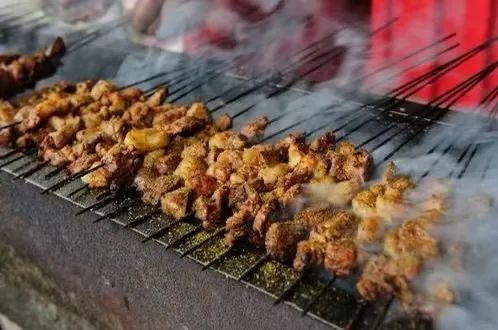
Today, the food custom of Fuyang has been integrated with the daily life of Xuzhou people: every year when people enter Fufu, people will cook various mutton-related delicacies to entertain relatives and friends; relevant departments in Xuzhou will also hold various celebrations to attract Xuzhou. Citizens and even diners from all over the world visit Fuyang activities and eat Fuyang feasts. In terms of inheritance, generations of masters have continued the traditional dishes of Fuyang through oral transmission, and they have continued to create new ones while inheriting the traditions.
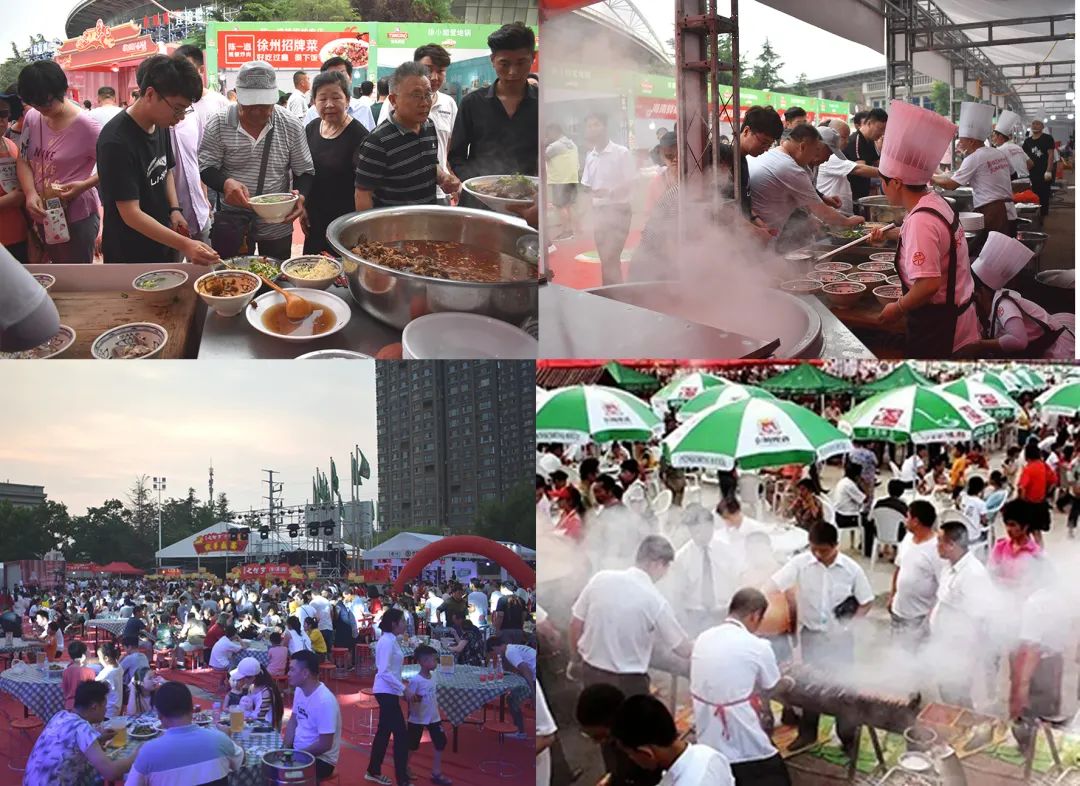
Fuyang food and customs to keep healthy
According to legend, in ancient times, a father and son had a strange disease, and the long-term treatment was ineffective. Suddenly, an old man told him that after entering the ambush, he would eat a sheep every day, one for seven days, and drink soup and eat meat. The father and son listened to it and tried it. After eating one sheep, the cough disappeared; after eating three sheep, there was no asthma; Everyone followed suit, and since then, eating sheep in Futian has become a custom.
People in Xuzhou believe that eating sheep in Futian can not only heat up with heat, remove moisture and toxins from the body, but also prevent heat stroke and mosquito bites. In addition to being of great benefit to the body, this custom of eating also plays a role in maintaining family emotions and stabilizing family ethics.
The sweltering heat is unbearable, and if you stay in the air-conditioned room for a long time, you may feel tired, and you may be afraid of encountering "ice cream assassins" with dazzling cold drinks. You may join our Fuyang Health Bureau:
Come to a bowl of steaming Fuyang soup, take a look at the Fuyang Festival in Xuzhou, remove the dampness and sullenness in the body, and see the simplicity and boldness of the people of Xuzhou at a glance, and carefully comb the long-lost youthful friendship. Unleash the energy of summer!
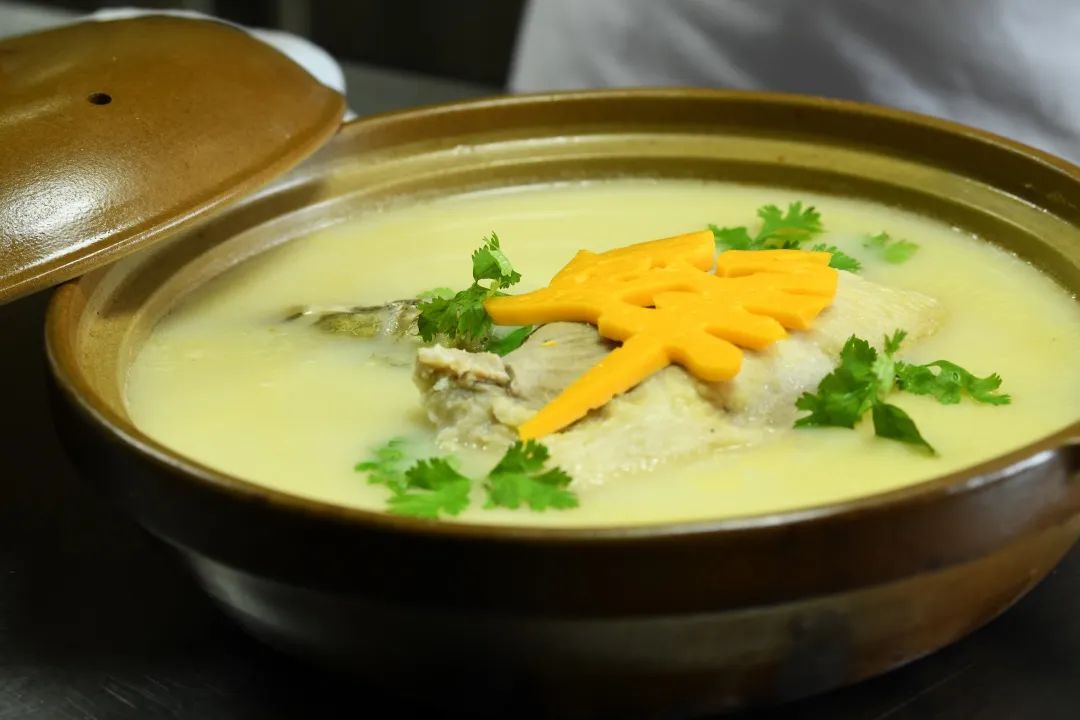
The custom of eating sheep in Xuzhou is a kind of cultural inheritance. The memory of this culture may be forgotten by the "collective unconscious", but it is rooted in our living habits.
The daily life is the most vital. We have reason to believe that Fuyang food, which is inseparable from the daily life of Xuzhou people today, will have a brighter and longer-term future after being selected as a representative project of national intangible cultural heritage.
Some excerpts from "Fuyang Festival You Don't Know - Looking at Xuzhou's Han Dynasty Food Culture through the Fuyang Festival" Author: Yang Xiaojun
